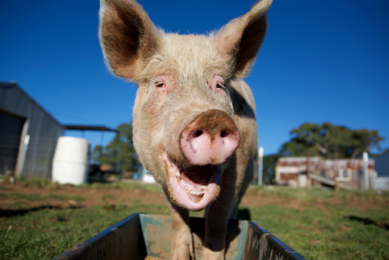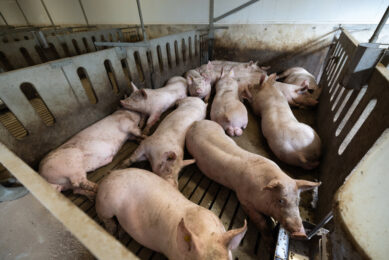New EU antibiotic resistance project

A new EU funded project will study the complexity of antimicrobial resistance in the food chain. Ten different countries are involved.
The EFFORT (Ecology from Farm to Fork Of microbial drug Resistance and Transmission) project will investigate the epidemiology and ecology of antimicrobial resistance (AMR) in food-producing animals, the (farm) environment, and food of animal origin as well as companion animals and wildlife to quantify the exposure of humans to AMR through these different exposure pathways.
Studies on transmission to humans will be established for some high-risk occupationally exposed populations. The novel understanding will be used to develop and evaluate intervention strategies aimed at managing the public health and animal health risks related to antimicrobial resistance. The project team will also look into the economic impact and animal welfare aspects of antimicrobial resistance in the food chain.
The EFFORT consortium is made up of 20 partners from 10 different European countries: Belgium, Bulgaria, Denmark, France, Germany, Italy, the Netherlands, Poland, Spain and Switzerland. In addition to the project partners, an external advisory board has been appointed to provide an outside expert view on the project. Other external participants include local veterinaries (needed in some cases for sampling activities and data collection) and, of course, volunteer farmers.
For more information, visit the project website.











